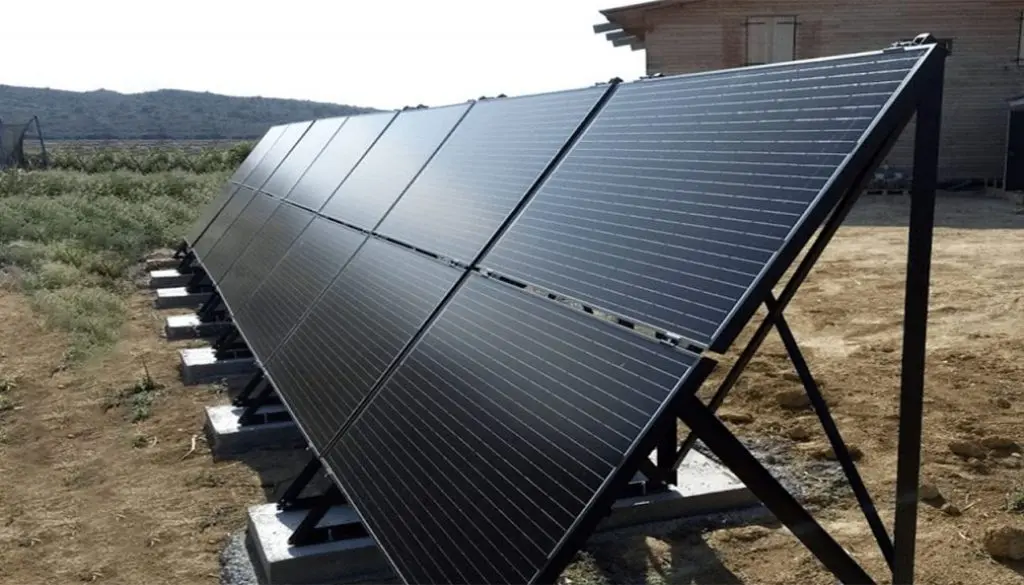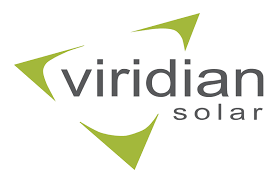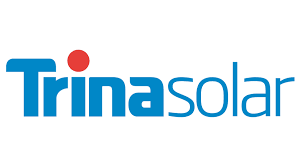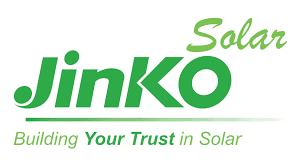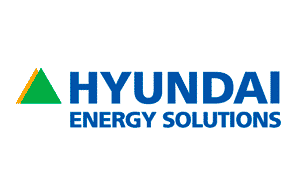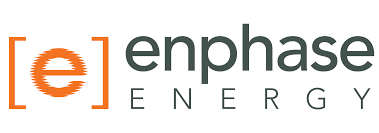Off-grid solar inverters are a type of solar inverter that is designed to work with solar panels and batteries to provide electricity in remote areas that are not connected to the grid. In this blog post, we’ll explore what off-grid inverters are, how they work, and why they are an important part of solar energy systems.
What are off-grid inverters?
Off-grid solar inverters, also known as standalone solar inverters, are designed to work with solar panels and batteries to provide electricity to homes and buildings that are not connected to the electrical grid. These types of inverters are commonly used in remote areas where access to the grid is limited or non-existent.
How do off-grid solar inverters work?
Off-grid solar inverters actively convert the direct current (DC) electricity, generated by solar panels, into alternating current (AC) electricity for powering homes and buildings. These inverters further store the AC electricity in batteries to ensure a continuous power supply, even when the sun is not shining.
You can configure the off-grid solar inverter to disconnect the solar panels from the system when the batteries reach full charge. This safeguard helps prevent overcharging of the batteries.. This helps to extend the lifespan of the batteries and ensures that the system operates efficiently.
When a demand for electricity arises, the off-grid solar inverter actively extracts energy from the batteries, converting it into AC electricity for powering a variety of household or structural appliances and electronics. Moreover, you can program the inverter to make seamless transitions between solar and battery power, depending on the sunlight’s availability.
Why are off-grid inverters important?
Off-grid solar inverters play a crucial role in solar energy systems as they empower homeowners and businesses to generate their electricity independently in areas without grid connections. This autonomy offers several advantages, such as:
- Energy independence
Off-grid solar inverters provide energy independence for homes and businesses in remote areas. This means that they do not have to rely on the grid to provide electricity. which can be unreliable and subject to power outages.
- Environmental benefits
Off-grid solar inverters help to reduce the use of fossil fuels and lower greenhouse gas emissions. By generating their own electricity from solar power, homeowners and businesses can reduce their carbon footprint and help to protect the environment.
- Cost savings
Off-grid solar inverters can provide significant cost savings over time. While the initial investment in solar panels and batteries can be expensive, the long-term cost savings can be substantial. Homeowners and businesses can reduce their electricity bills and save money over the life of the system.
- Reliable power source
Off-grid solar inverters provide a reliable source of power for homes and businesses in remote areas. This reliable backup power source enhances energy resilience during cloudy days and nighttime.
In conclusion, off-grid solar inverters are an important part of solar energy systems for homes and businesses in remote areas. They provide energy independence, environmental benefits, cost savings, and a reliable source of power. Off-grid solar inverters can be a game-changer for remote areas, offering energy independence and reliability.
Here at https://lukaro.shop, we have a budget-friendly grid inverter that is branded on our name. This inverter is top quality same as most famous brands out there just with reduced cost.


